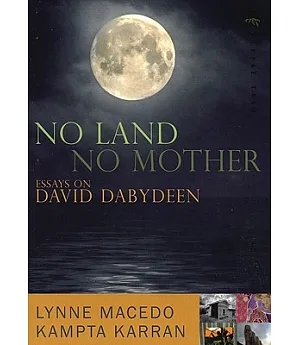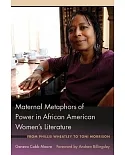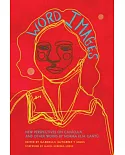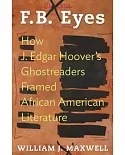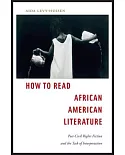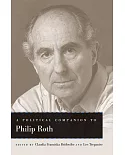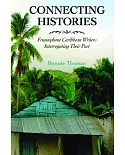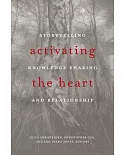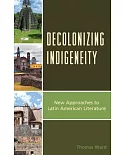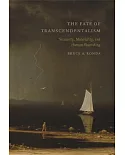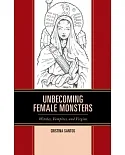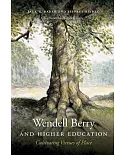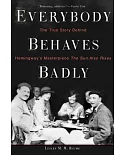The rich dialogue on David Dabydeen's increasingly diverse and critically acclaimed body of work is the focus of these critical essays. Contributors such as Tobias Doring, Aleid Fokkema,
Heike Harting, and Madina Tlostanova provide rewardingly complex readings of Dabydeen's Turner, locating it within a revived tradition of Caribbean epic, in its subversion and
appropriation of the romantic aesthetic of the sublime and in its connection with the concept of terror in both Turner's painting and Fanon's classic works on colonization. Pumla Gqola and
Lee Jenkins explore Dabydeen's fondness for inter-textual reference, while Gail Low, Michael Mitchell, Christine Pagnoulle, and Mark Stein focus on Dabydeen's more recent fiction, including
Disappearance, A Harlot's Progress, and The Counting House. This collection identifies dialogue between diverse groups and simultaneous habitation of multiple arenas as
dominant characteristics of this important author's work.

